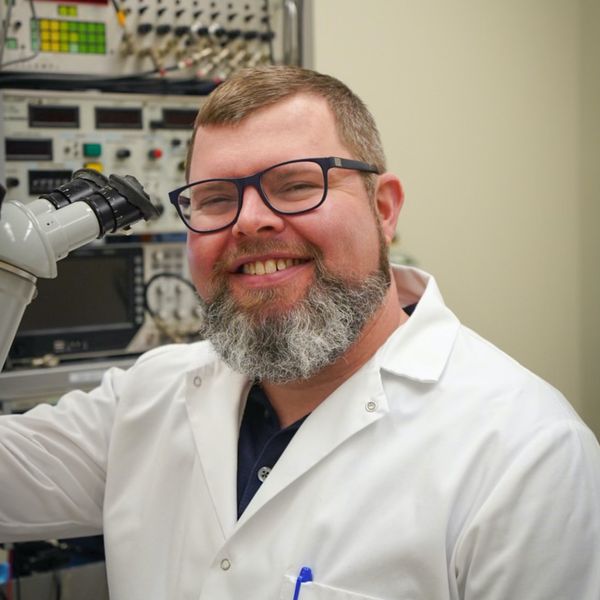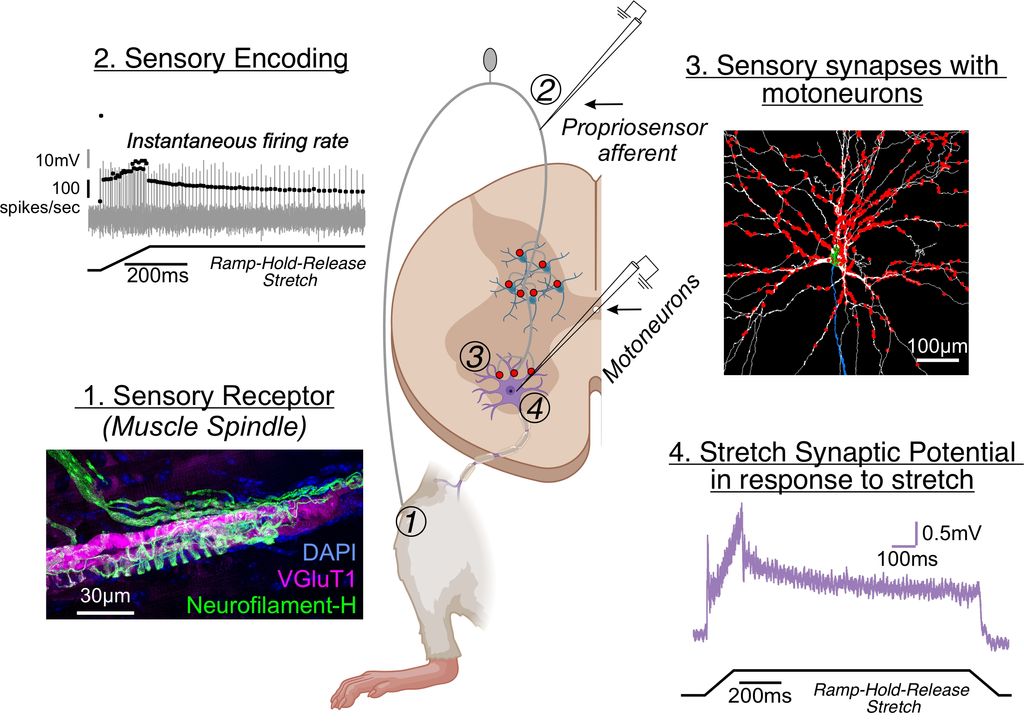
Travis M. Rotterman, Ph.D.
Assistant Professor of Pharmacology, Physiology & Biophysics
Research:
While moving through our ever-changing physical world we rely on the recruitment of neural circuits throughout the central nervous system. Embedded among composite parts of the neuromotor system, the spinal cord plays intriguing roles exemplified by its independent capacity to generate complex movements like grooming and stumbling corrections. Regardless of origin, all neuromotor instructions for limb and torso movements funnel through spinal motor neurons, with so-called pre-motor interneurons in the spinal cord processing the penultimate instructions. Spinal networks also contribute to refining or compensating neural instructions needed to produce purposeful movement. Our team focuses on the spinal processing of proprioceptive and tactile somatosensory signals that contribute to correcting and predicting movement errors. Our research objectives are to advance our understanding of how spinal processing of somatosensory information produces biomechanically effective movements in healthy animals and how that processing goes awry and might be modified to correct movements following injury and disease. These goals are met with a multipronged approach that relies on genetics and cellular neurobiology in combination with in vivo electrophysiology, neural network analysis of microcircuits, and whole animal behavior.
